 Even with Venezuela’s substantial support in doubt, the nature of Nicaraguan trade, migration, and aid links with the US makes the country less vulnerable to pressure than many expect. Instead, diplomacy and civil society will bear the brunt of unintended consequences, writes Pamela Neumann.
Even with Venezuela’s substantial support in doubt, the nature of Nicaraguan trade, migration, and aid links with the US makes the country less vulnerable to pressure than many expect. Instead, diplomacy and civil society will bear the brunt of unintended consequences, writes Pamela Neumann.
The victory of Donald Trump in the US presidential election last November reverberated across the globe, and Nicaragua is no exception. Trump’s campaign rhetoric and first 100 days in office have provoked numerous questions about how the new administration will handle key issues like trade, immigration, and foreign aid. While Trump has sparred repeatedly with Mexico over the infamous border wall, he has had far less to say about Central America specifically. However, concerns about the integrity of recent elections in Nicaragua have drawn the attention of several members of the US Congress, leading to proposed legislation that would condition Nicaragua’s access to foreign aid. These potential new restrictions, combined with the ongoing crisis in key ally Venezuela, have generated new political and economic uncertainties in Nicaragua.
Yet, unlike its Central American neighbors and Mexico, Nicaragua is unlikely to be seriously impacted by Trump’s policies on trade or immigration. First, although the US remains Nicaragua’s largest trading partner, the CAFTA-DR agreement signed in 2004 is not in any immediate jeopardy because its terms are highly favourable to the US. Second, unlike Salvadoran, Guatemalan, and Honduran migrants, most Nicaraguans head for their southern neighbour Costa Rica rather than the US.
This brings us to issues related to foreign aid. While Nicaragua has sustained impressive economic growth over the last five years, it remains one of the most impoverished countries in the Western Hemisphere and heavily dependent upon external assistance. From 2007 to 2013, Nicaragua’s positive economic performance was buoyed to a large extent by President Ortega’s alliance with Venezuela’s former president Hugo Chávez. Through a combination of loans, donations, and oil credits from the regional project ALBA (Bolivarian Alliance for the Peoples of Our Americas), Nicaragua’s government was able to implement numerous social programmes, including housing, microloans, seed banks, and scholarships.
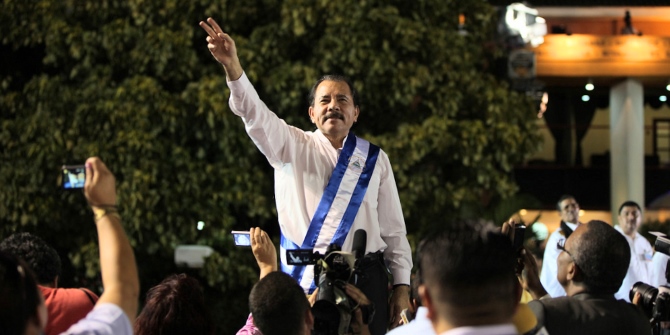
As important as Venezuela’s assistance (about $500 million/year) has been for Nicaragua’s economic development, it was also crucial for political reasons. It enabled President Ortega to weather a storm of international criticism — including the withdrawal of bilateral aid from the US and Europe — that followed Nicaragua’s controversial municipal elections of 2008 and presidential election of 2011. The presidential election was especially contentious because consecutive presidential terms are prohibited by the Nicaraguan Constitution, but the highly politicized Supreme Court overruled the ban in 2009. This questionable legal maneuver cleared the way for Ortega’s re-election in 2011 and then again in 2016, now with his wife Rosario Murillo as vice-president.
The 2016 presidential election in Nicaragua was marked by substantial irregularities, including the disqualification of the main opposition party candidate and an extremely high reported abstention rate. In the waning days of the campaign, two regionally significant events occurred. First, in September 2016, a bill known as the Nicaragua Investment Conditionality Act (NICA Act) was introduced in the US House of Representatives. The stated purpose of this legislation was to “oppose loans at international financial institutions for the Government of Nicaragua unless the Government of Nicaragua is taking effective steps to hold free, fair, and transparent elections.” Shortly thereafter, in October 2016, the Organization of American States (OAS) publicly expressed its concern with Nicaragua’s electoral process and announced that a “mechanism of conversation and exchange” would take place between the OAS and the Nicaraguan government following the election.
The Nicaraguan government’s decision to participate in this proposed dialogue with the OAS was somewhat surprising given Ortega’s prior statements against outside electoral observers. But, it was also a sign that the government recognized the changing political and economic winds in the region. Two important changes were the decline in world oil prices and the deepening social, political, and economic crisis confronting its key regional ally, Venezuela. Another was the election of centre-right governments in several Latin American countries, marking a noticeable shift from the “pink tide” that swept much of the region during the 2000s.
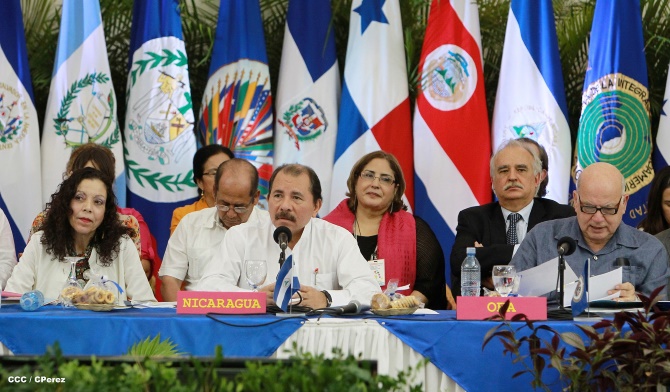
There appeared to be further progress in February 2017 when the Nicaraguan government and the OAS announced an agreement allowing OAS representatives to observe the upcoming municipal elections in November 2017. In March 2017, the US State Department released its annual Human Rights Reports, which criticized the Nicaraguan government for its “restrictions on citizens’ right to vote, biased policies to realize single-party dominance, and increased government harassment and intimidation of nongovernmental organizations (NGOs) and civil society organizations.” The US State Department’s recent classification of the Nicaraguan government as authoritarian has opened the door for further aid restrictions, such as those contemplated in the NICA Act. Then, in April 2017, the General-Secretariat of the OAS issued a statement describing the proposed bill as “not a productive contribution” to its work with the Nicaraguan government.
Compared to its Central American counterparts, the Nicaraguan government already receives relatively little aid from the US. Of the bilateral aid it does receive, a significant portion is earmarked for regional narcotics and law enforcement operations and training. Funding for development projects in Nicaragua is funneled to civil society organizations. It is this latter category — along with the country’s ability to access international loans and credit — that is most worrisome for Nicaragua, should the NICA Act become law. The imposition of aid conditionality is unlikely to force President Ortega to loosen his grip on Nicaragua’s institutions, but it is very likely to cause greater hardship for the country’s vulnerable populations.
Notes:
• The views expressed here are of the authors rather than the Centre or the LSE
• Please read our Comments Policy before commenting


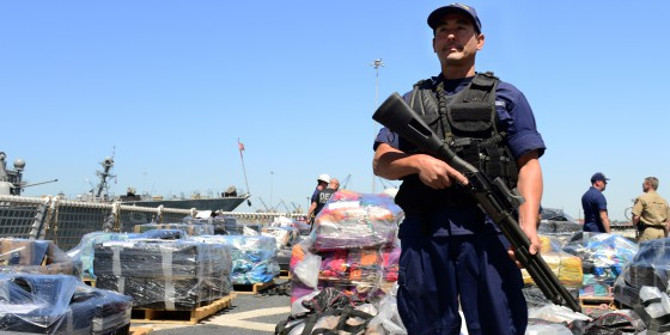
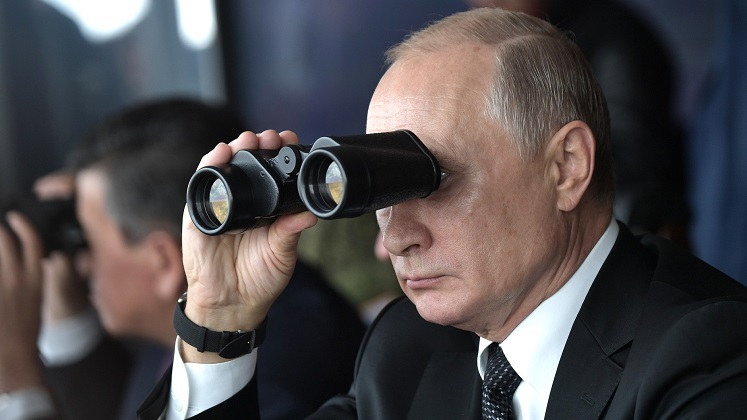
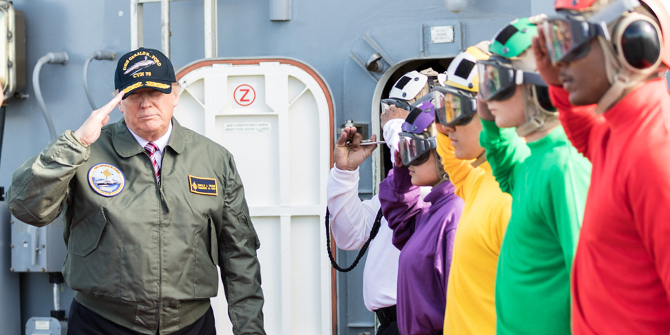
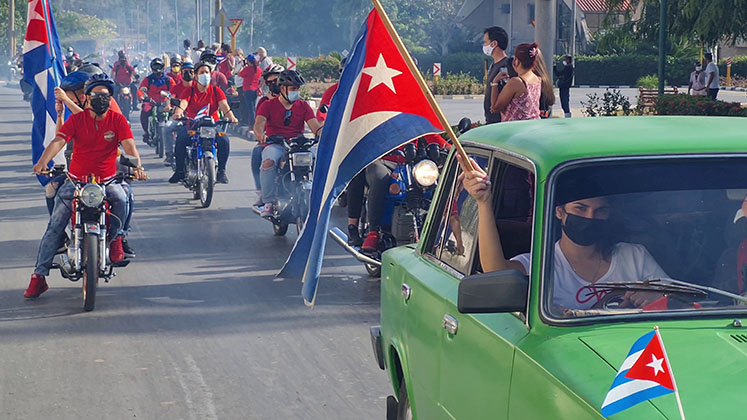
Dr. Neumann,
You assessment fails to mention a key detail: over 1 billion US $ flows in from Nicaragua’s expatriates in the USA. There may be more expats in Costa Rica but they are far less wealthy and send much smaller sums. These remittances are in effect the largest and speediest “aid” to Nicaragua…even the trade of drugs and the Venezuelan aid (that has disappeared) cannot match the hard currency of the expats living in Trumpian territory. Without this key detail in your assertion, it quickly degrades into yet another empty, leftist diatribe trying to place blame on the USA for the misgivings and poor decisions of leftist dictators. The international community has spent over 30 billion US $ in Nicaragua over the last 30 years…enough is enough, let Nicaragua take care of its poor instead of depleting international aid coffers that should help those that will appreciate and administer them better. You also fail to mention Ortega’s recent, expensive acquisitions of Russian tanks and fighter jets – last time I checked those acquisitions in a third world country “very likely to cause greater hardship for the country’s vulnerable populations”.